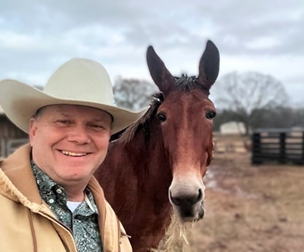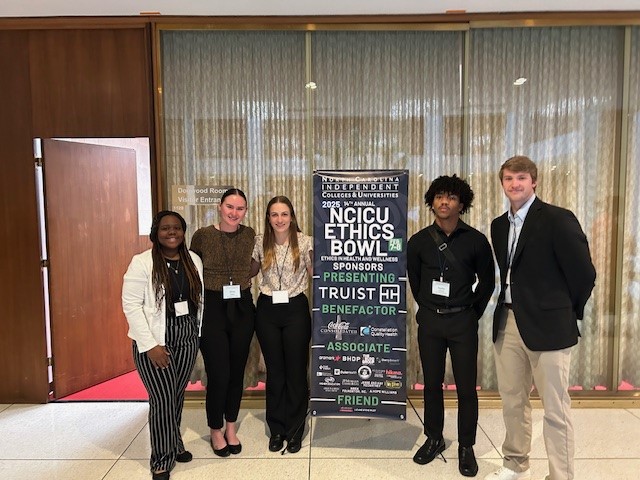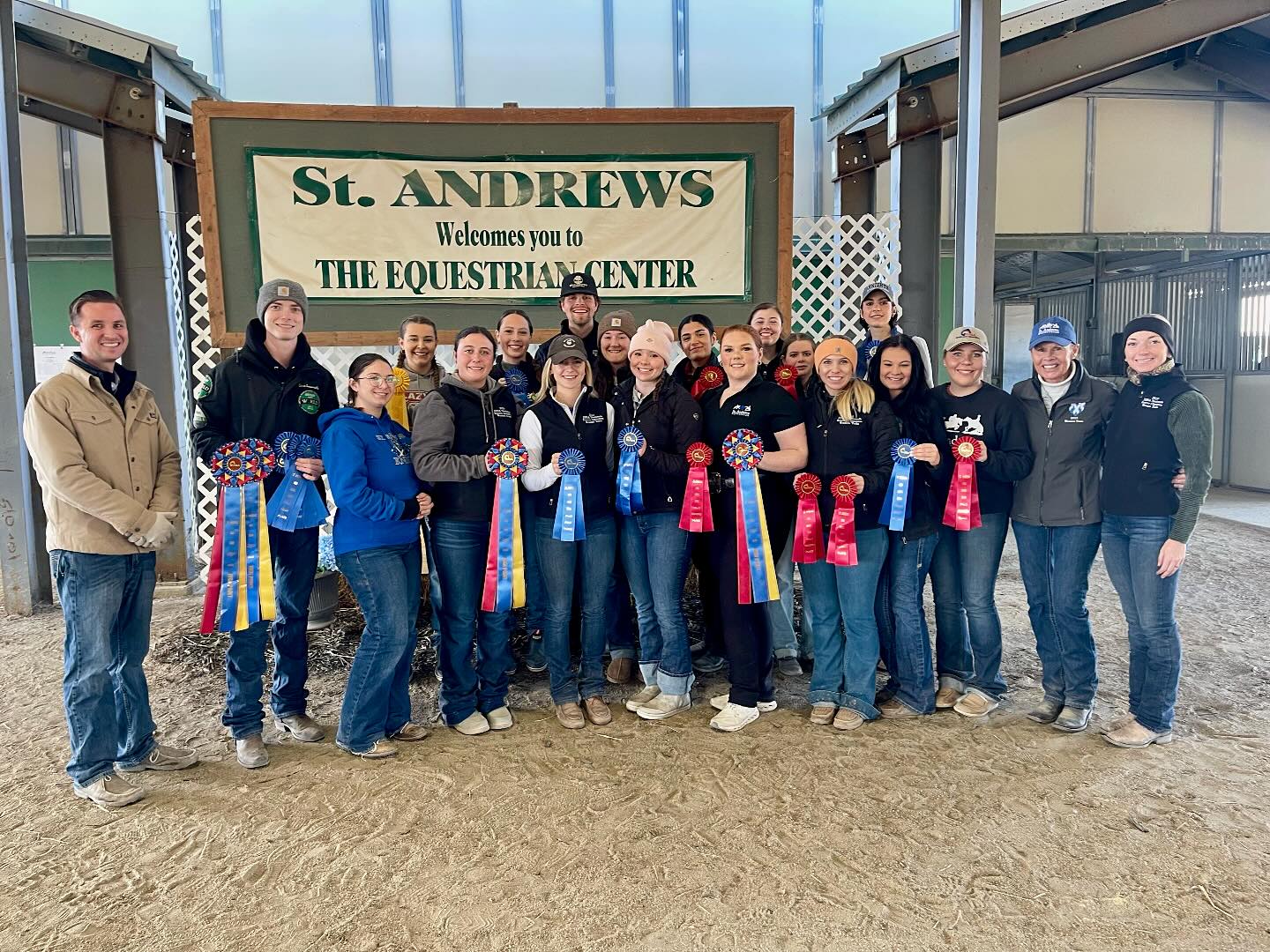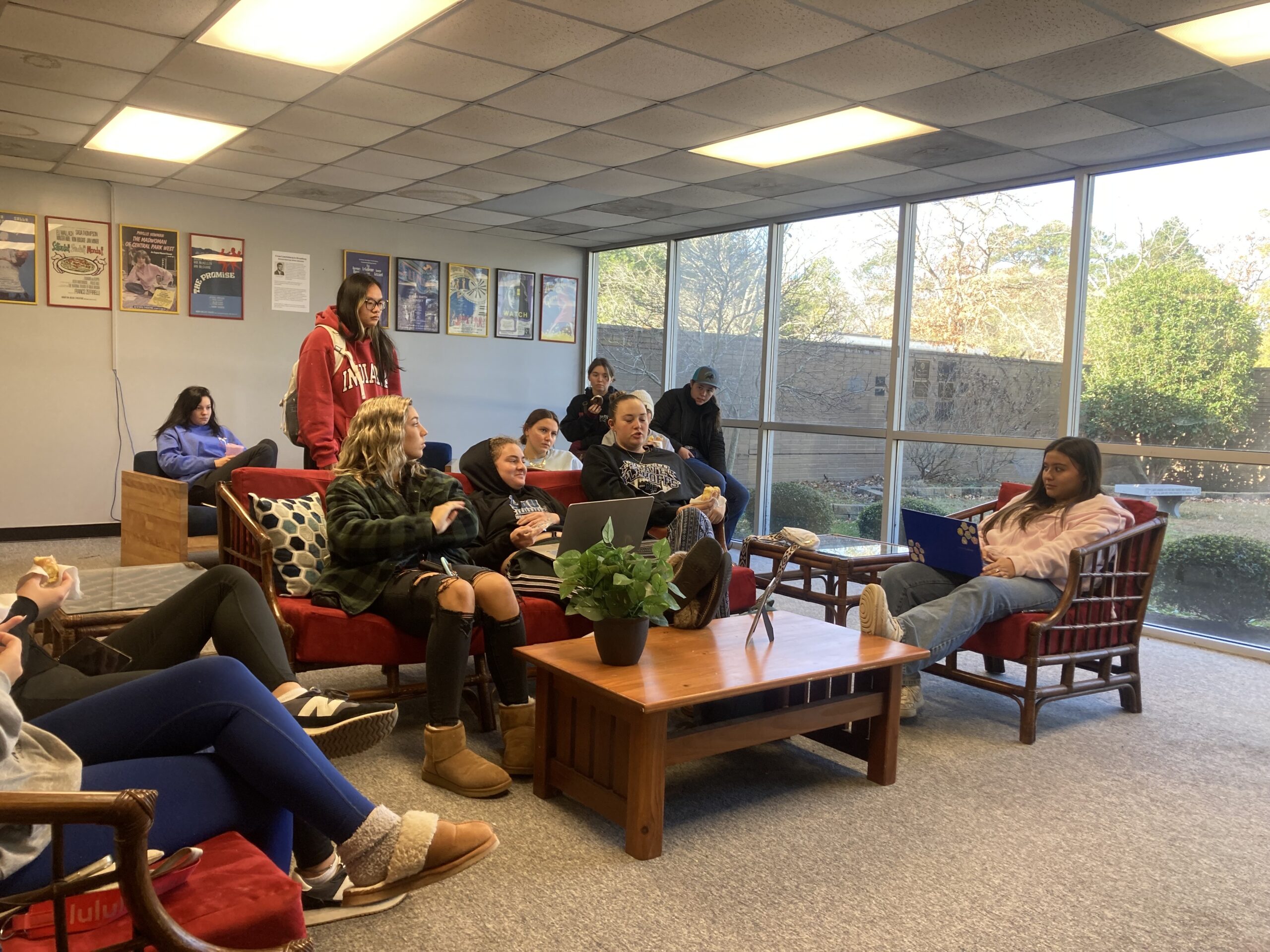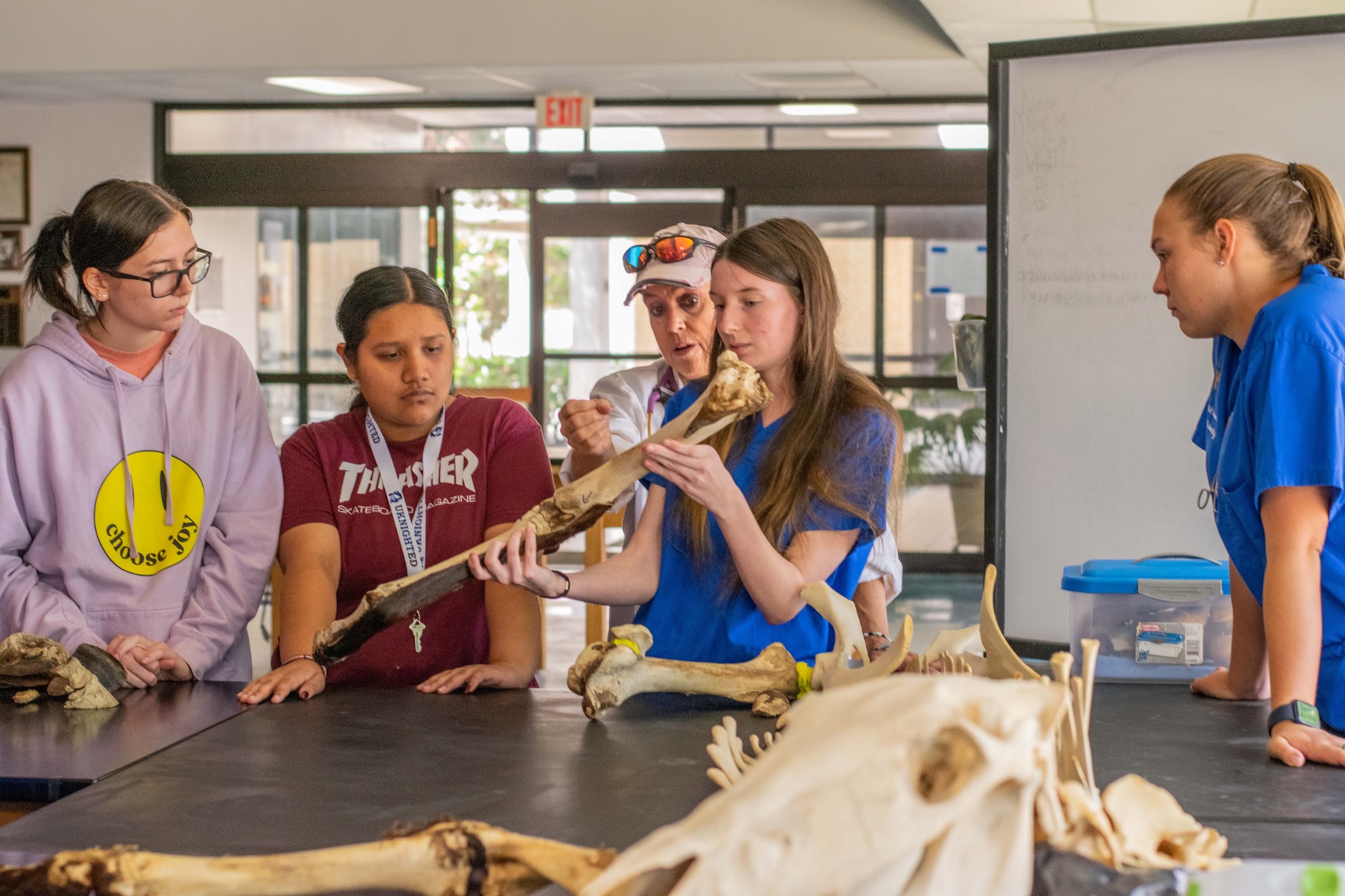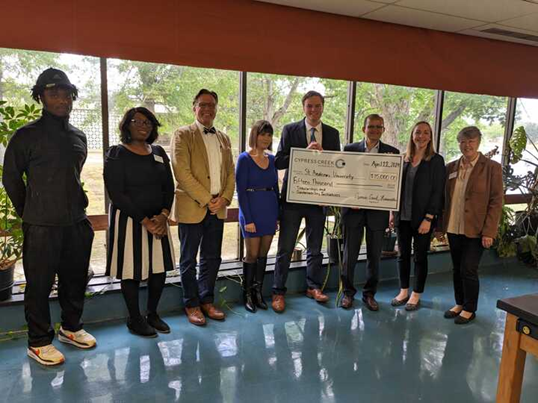St. Andrews University to Cease Operations — A Heartbreaking Goodbye
Dear St. Andrews Community Partners and Friends, On behalf of St. Andrews University, I write to share a difficult announcement. Under the direction of the Board of Trustees: St. Andrews University, a branch campus of Webber International University, will close its Laurinburg campus at the end of the Spring 2025 semester, with the final day of operations scheduled for May 5, 2025. This outcome follows years of effort to preserve our presence in this community while delivering an affordable, high-quality education and meaningful student experience. Despite those efforts, we have


